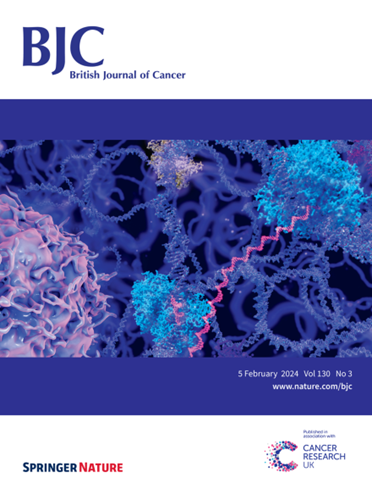科学方法:从亚里士多德到人工智能和医学的未来。
IF 6.4
1区 医学
Q1 ONCOLOGY
引用次数: 0
摘要
虽然人工智能在加快肿瘤学进步方面潜力巨大,但我们必须有意识地以负责任、公平和合乎道德的方式开发和应用这些技术。前进的道路之一是让癌症治疗提供者和研究人员成为人工智能及其在医学中应用的设计师。一方面,传统的自上而下、假设驱动的设计在指数级扩张的数据宇宙中存在局限性;另一方面,匆忙采用纯粹的 "合成 "方法有可能陷入人工无知(ai)的漩涡,有鉴于此,本文提出了一种 "科学的 "方法,将人工智能与人类智慧相辅相成。文章追溯了从苏格拉底、柏拉图和亚里士多德至今的科学方法的哲学基础,探讨了人工智能对新知识是增强还是削弱的关键时刻。科学方法寻求以负责任、公平和道德的方式利用人工智能的力量和能力,通过有意识地将机器智能与人类智慧相结合,超越传统科学方法和纯粹合成方法的局限。本文章由计算机程序翻译,如有差异,请以英文原文为准。
The scienthetic method: from Aristotle to AI and the future of medicine
While AI holds immense potential for accelerating advances in oncology, we must be intentional in developing and applying these technologies responsibly, equitably, and ethically. One path forward is for cancer care providers and researchers to be among the architects of AI and its adoption in medicine. Given the limitations of traditional top-down, hypothesis-driven design in an exponentially expanding data universe, on one hand, and the danger of spiraling into artificial ignorance (ai) from rushing into a purely ‘synthetic’ method on the other, this article proposes a ‘scienthetic’ method that synergizes AI with human wisdom. Tracing philosophical underpinnings of the scientific method from Socrates, Plato, and Aristotle to the present, it examines the critical juncture at which AI stands to either augment or undermine new knowledge. The scienthetic method seeks to harness the power and capabilities of AI responsibly, equitably, and ethically to transcend the limitations of both the traditional scientific method and purely synthetic methods, by intentionally weaving machine intelligence together with human wisdom.
求助全文
通过发布文献求助,成功后即可免费获取论文全文。
去求助
来源期刊

British Journal of Cancer
医学-肿瘤学
CiteScore
15.10
自引率
1.10%
发文量
383
审稿时长
6 months
期刊介绍:
The British Journal of Cancer is one of the most-cited general cancer journals, publishing significant advances in translational and clinical cancer research.It also publishes high-quality reviews and thought-provoking comment on all aspects of cancer prevention,diagnosis and treatment.
 求助内容:
求助内容: 应助结果提醒方式:
应助结果提醒方式:


